UK Comedian and Gambling Archaeologist Tim FitzHigham on Digging Those Odds: Exclusive Interview
Posted on: May 7, 2016, 10:00h.
Last updated on: May 9, 2016, 09:27h.
Gambling is all about speculating on future events, but to British comedian and adventurer Tim FitzHigham, it’s about digging up the past. Tim’s research has seen him, variously, cross the English Channel in a bath tub, attempt to break the year 1755 land-speed record while strapped to a giant kite, and cook a pudding 30 feet underwater.

Along the way, he has sustained numerous horrific injuries, but it’s all in a day’s work for the world’s foremost (and only) gambling archaeologist. We were lucky enough to sit down with him recently for an amusing chat about the whys and wherefores of it all.
—————————————————-
Casino.org: First and foremost, you’re a comedian, but you also describe yourself as a “gambling archaeologist.” Can you explain what that is?
FitzHigham: The furthest back I’ve gone so far is around [the year] 1450, and I’ve researched all the weirdest bets that I could find in the whole of human history from that point forward. I’ve looked at them and I’ve gone out and tried to win them.
And the reason that I’ve tried to win them is to establish “form,” because sometimes we know that the bet took place, but we don’t know who won. So it’s a genuine attempt to establish form in historical gambling.
I’ve trawled through pamphlets and newspaper articles, eighteenth-century gossip columns, gentlemen’s libraries, gentlemen’s betting books, club wager books, cavalry regiment wager books: the source material is pretty substantial.
Weirdly, I did it all to create a comedy show, never realizing that it had a more wide-ranging academic gambling perspective. After the last radio show I did, a nice man came up to talk to me afterwards and it turned out that he was the head of the International Gaming Institute [at the University of Nevada, Las Vegas]. He’d flown over to the UK for the final recording of The Gambler [radio] series. He said there’s only one person in the world (me) who knows this much about the crazy history of gambling.
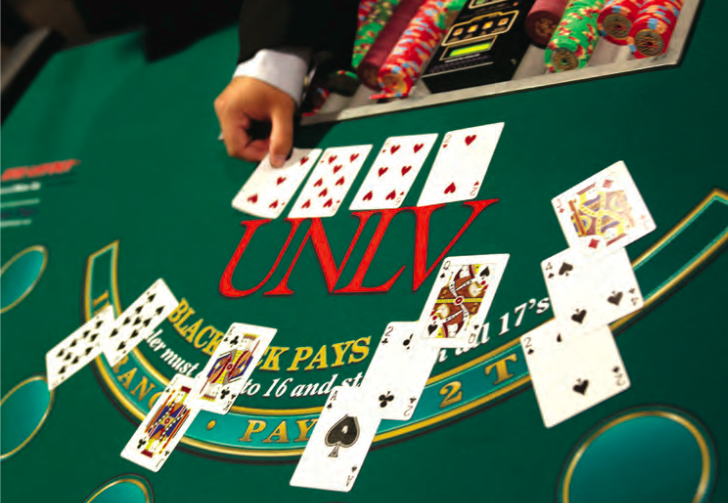
So I thought I was just making comedy, but it’s turned out to be quite an interesting arc of historical research, by mistake. I’m like the Indiana Jones of betting. Except without the whip.
Casino.org: A lot of the bets seem to take place between eighteenth-century English aristocrats, a group of people who were completely MAD! Is it the characters behind the bets that attract you as much as the challenges themselves?
FitzHigham: I think there are a few really good periods of really eccentric betting. You’ve got to have the right economic climate to get really weird bets. You’ve got to have a group of people who are so rich that they don’t mind putting ridiculous sums of money on the flip of a coin, or the run of a raindrop, or the roll of a cheeseboard, for example.
Those periods, I’ve found, are early seventeenth century, mid-eighteenth century, early nineteenth century and late nineteenth century. You get these kinds of periods that crop up, usually immediately before an economic crash. The two things might be linked, I don’t know.
But gambling archeology turns up some extraordinary characters. People who were at the very, very rakish end of history and loved gambling on anything they could lay their hands on. These are so not the people we learn about in history lessons at school. These are people you’ve got to go out and find. They’re in footnotes and gossip columns. People like the Fourth Duke of Queensbury, a man who engaged in a bet with a neighboring lord that his butler could out-eat the neighboring lord’s butler.
On winning the bet, the triumphant butler sent his master a note saying, “My Lord, I have carried the day and won the bet by a pig and an apple pie!”
Casino.org: Your name has an aristocratic ring to it. Is that why you identify with these people, because you’re from the same mad stock?
FitzHigham: (Laughs) I don’t know. I’ve always enjoyed pushing things to the limit. I was always the kid who said, “Yeah, that’s great, but can we do it faster, or upside down? Let’s see how far we can push it before we break it.” And I think perhaps that’s where I identify with those insane gamblers. It’s a love of testing myself.
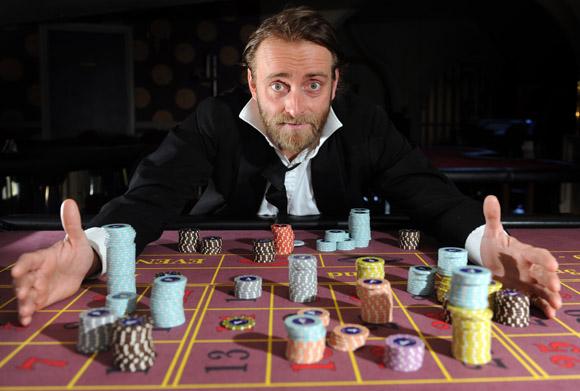
Casino.org: Tell us about some of your favorite bets you’ve been involved in.
FitzHigham: I’ve enjoyed a lot of them. I’ve enjoyed the ways I’ve had to approach them and the things I’ve had to learn to try and win them. One bet springs to mind. 1755, I think.
They bet they could travel across water at 25 mph, which when you consider that the land-speed record had just been broken at that stage, at 19 mph, would have been some achievement.
It turned out this bet never actually took place, which we know from a newspaper article at the time, which reported that on the final training run “something snapped, there was a fatality and the wager was abandoned.”
But I was intrigued by the bet. Could you win it? Could you go 25 mph over water using only the means that would have been available in 1755?
And that, of course, led me down all sorts of different routes, one of which was to attach myself to a massive kite and just bounce across the water as fast as I possibly could. Those are the kind of moments where you just go, “Wow, I’ve just strapped myself to a massive kite somewhere off the south coast of England! I would never have been involved in this ridiculous situation had it not been for a man in 1755 who bet another man that he could get his butler to go 25 MPH across water!” There’s something really joyful about that.
The same is true of a 1790 bet where a lord bet another lord that the first lord’s butler could run faster than the second lord’s racehorse in a 100-yard dash. So there I was lined up at the starting line of a racecourse with a racehorse next to me with a jockey in the saddle.
Casino.org: It’s all about acceleration, isn’t it?
FitzHigham: It’s exactly that. And it’s also about the start. You’re just hoping that the horse hesitates for a second. If you can gain a second, because you can accelerate much faster, you stand a chance of winning. It’s a really exciting bet to get involved in.
Casino.org: What’s the scariest thing you’ve had to do?
FitzHigham: One of the things I’ve enjoyed about The Gambler radio series is that we’re constantly trying to run everything through the Health and Safety officer at the BBC and her constant response was “Well, we don’t recommend that.” Each week we’d go to that poor Health and Safety officer, and each week she’d have slightly lower shoulders, saying, “How are you going to make my life hell this week?”
There’s lots of stuff. I remember hurtling down an alp, a black run, with absolutely no protection and thinking, “Yeah, maybe I’ve overcooked this. This could go very wrong.”
I remember when we were trying to cook a pudding 30 feet underwater and I decided that we were going to have to use nineteenth century cable mining charges to achieve this. The result was me basically running away as the entire test area behind me exploded, and diving for cover as most of the test area rained down on me.
Casino.org: You have injured yourself quite a few times in pursuit of your goals, haven’t you?
FitzHigham: Yeah, of course, yeah. The problem is, when you’re trying to do a lot of bets in a short space of time, as I did, the cumulative effect of injury was a factor in my training. Some of the bets were sprints, some of them were long distance, some of them were games of mental agility, some of them were games of physical agility, some pulling, some pushing, etc, etc.
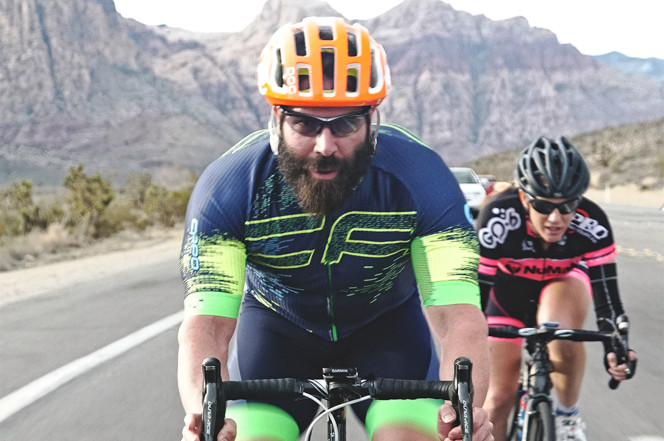
It was very difficult to try and work out a consistent training program in any sense. I remember when I raced the racehorse, I had certainly broken a hand, a fractured rib and had some distinctly nervous testicles as a result of injuries that had occurred.
Of course, we must remember that most of these bets were initially enacted by people with more money than sense, and in the eighteenth century, you could just accidentally kill a butler and people didn’t really seem to mind that much. Nowadays, we are in a very different scenario. And rightly so, to be honest.
It’s not just Healthy and Safety, though, there’s all sorts of red tape. When I tried to get them to shut the freeway for my attempt to roll a cheeseboard four and a half miles, they weren’t having any of it. There’s a lot of comedy in that, in my interactions with certain bodies that have been essentially set up to stop society from going a bit crazy.
Casino.org: Tell us about some of the world records you hold, Tim.
Well, what got me interested in historical gambling in the first place was the paper boat record. I hold the record for the longest distance travelled in a boat made out of paper, 160 miles, back in 2003. The previous record was the oldest maritime record in the world, in terms of source material, set in 1519, when a man travelled 50 miles along the River Thames.
FitzHigham: Now, I originally saw that as a record, as an achievement. But when I looked back on it and reread the source material, it turns out it was originally undertaken as a bet. Unwittingly, I’d fallen into gambling archeology. By mistake.
Casino.org: And you famously crossed the English Channel in a bath…
FitzHigham: Yes, that came after. I did the paper boat thing because I wanted to break a record and also to raise money for charity. I expected it to raise about £500 [$722], but various countries across the world picked up on the paper boat journey as a news story: “Eccentric Englishman Rows Paper Boat Down River Thames,” etc, and weirdly it became an international thing. Instead of raising hundreds, I raised thousands.
And I suddenly realized that the rest of the world had an appetite for this kind of thing, that people kind of like British eccentrics and they actually don’t mind me doing my crazy plans. This is great, I thought. What’s the next thing I’ve always wanted to do with my life? I know, sail the channel in a bath!
I’ve always loved doing these projects, I’ve done them since I was three. But I realized that not only did other people quite like them, but I could do stand-up shows about them too, so it become this beautiful circular thing.
Tim FitzHigham’s book All at Sea is available on Amazon. His radio show, The Gambler, is available to UK residents at bbciplayer.com.
Related News Articles
Victoria Coren Mitchell First Repeat EPT Champion
Jose Canseco Loses a Finger, While Daniel Colman Wags One at Hellmuth
Paul Phua Pleads Not Guilty in Las Vegas Sports Betting Case, Feds Want $13M
Most Popular
Las Vegas Overstated F1 Race’s Vegas Impact — Report
Mega Millions Reportedly Mulling Substantial Ticket Price Increase
NoMad Hotel to Check Out of Park MGM on Las Vegas Strip
Most Commented
-
End of the Line for Las Vegas Monorail
— April 5, 2024 — 90 Comments -
Mega Millions Reportedly Mulling Substantial Ticket Price Increase
— April 16, 2024 — 8 Comments -
Long Island Casino Opponents Love New York Licensing Delays
— March 27, 2024 — 5 Comments



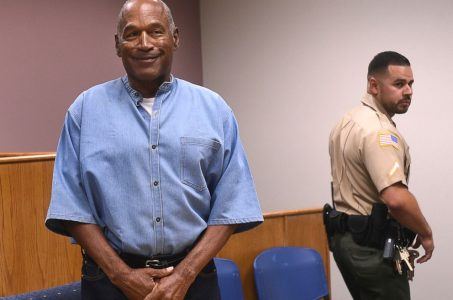











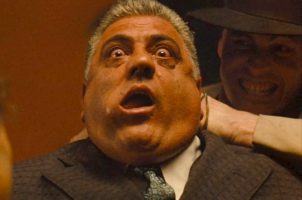
No comments yet